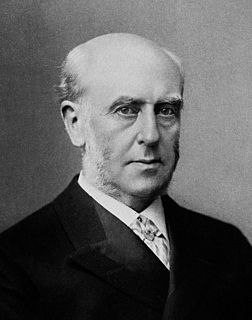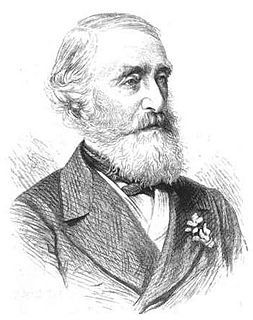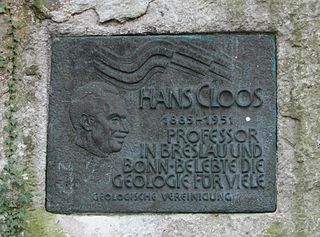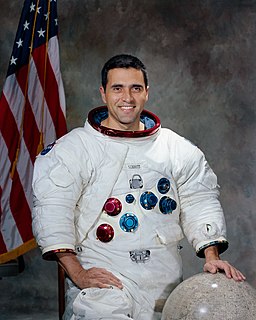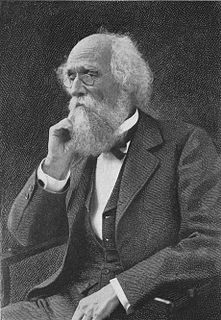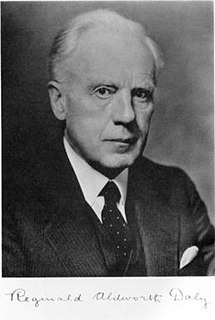A Quote by William Buckland
The field of the Geologist's inquiry is the Globe itself, ... [and] it is his study to decipher the monuments of the mighty revolutions and convulsions it has suffered.
Related Quotes
This is more than just the rebuilding of the Globe, creating some kind of monument to Shakespeare which he doesn't need. His books are his monuments. But this will be a major center for the study of Shakespeare in performance. We are making the only faithful effort to restore the theater in every respect as close to the original as possible.
The notion of travelling to far places in order to study alien peoples and cultures, is unique to Western man; it springs from the predatory genius of the Greeks; no primitive peoples have ever come to study us. This is, on the one hand, a disinterested, intellectually inspired impulse. It is one of our glories. But it is, on the other, part and parcel of exploitation. [] The Western obsession with inquiry, with analysis, with the classification of all living forms, is itself a mode of subjugation, of psychological and technical mastery.
At a certain point in history monuments became associated with kitsch, (it had never previously been so) and one might well ask why this unforeseen aesthetic and ethnic debasement of their values came about, or why monuments have not adapted to the times. Perhaps, instead of evoking authentic religious, patriotic or mystical sentiments, they evoke only the customary ersatz for these sentiments and have suffered the fate of becoming sentimental.
The human mind has a natural tendency to explore what has passed in distant ages in scenes with which it is familiar: hence the taste for National and Local Antiquities. Geology gratifies a larger taste of this kind; it inquires into what may appropriately be termed the Antiquities of the Globe itself, and collects and deciphers what may be considered as the monuments and medals of its remoter eras.
I'm a professional geologist, an explorationist for oil. That's what I've done in my career, one that's culminated in - at least to this point - playing a part in finding the largest field in the last 40 years anywhere in the world. That's the Bakken field, which I believe will yield 24 billion barrels of oil in the decades to come, maybe more.
Instead of encouraging the student to devote himself to his studies for the sake of studying, instead of encouraging in him a real love for his subject and for inquiry, he is encouraged to study for the sake of his personal career; he is led to acquire only such knowledge as is serviceable in getting him over the hurdles which he must clear for the sake of his advancement.
Suns are extinguished or become corrupted, planets perish and scatter across the wastes of the sky; other suns are kindled, new planets formed to make their revolutions or describe new orbits, and man, an infinitely minute part of a globe which itself is only an imperceptible point in the immense whole, believes that the universe is made for himself.
Before, revolutions used to have ideological names. They could be communist, they could be liberal, they could be fascist or Islamic. Now, the revolutions are called under the medium which is most used. You have Facebook revolutions, Twitter revolutions. The content doesn't matter anymore - the problem is the media.
















